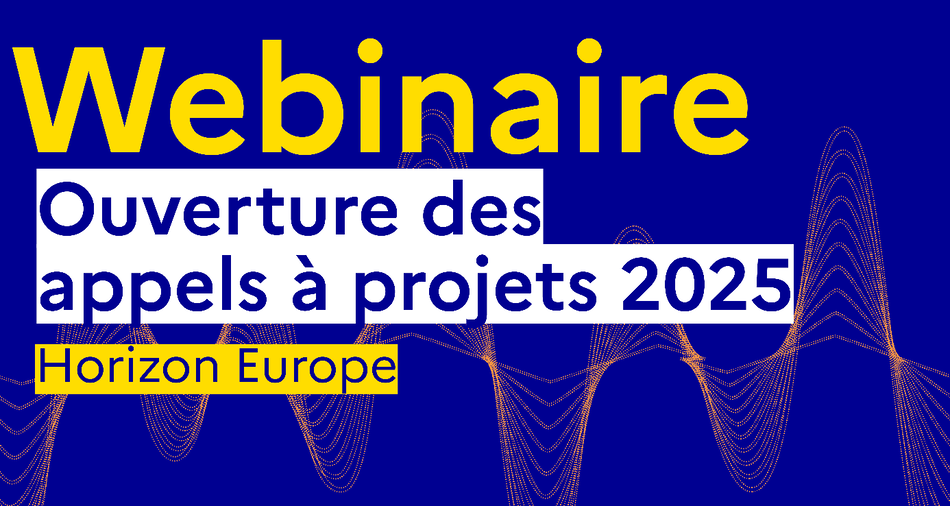Expected Outcome:
Projects should contribute to Europe's industry lead the twin transitions towards climate neutrality and digital leadership. The project is expected to deliver on all of the following expected outcomes:
- Design of concepts and validation of an experimental aircraft that will test, validate and accelerate radical new technologies and aircraft configurations that go well beyond the state-of-the-art;
- Deliver feasibility studies of the targeted aircraft concept, towards a preliminary design review, making use of sound/proven advanced simulation and modelling techniques;
- Deliver detailed technical roadmaps that demonstrate the path towards a flying test bed. Such roadmaps should include a needs and gaps analysis in terms of Technology Infrastructures with respect to radical aircraft configurations and related technology validation and certification;
- Provide a preliminary implementation and execution plan for the targeted aircraft concept, including a business and operating model.
Proposals may also address any of the following expected outcome(s):
- Address the impact on the air transport system of the targeted aircraft concept. Depending on the chosen concept, this may include Air Traffic Management, Safety and Security (including Cyber), New business models, Unmanned Aerial Systems, societal acceptability and impact, noise and quality of life, aircraft end-of-life aspects;
- Address sustainable and agile design, digital manufacturing methodologies and technologies, as well as the promotion of systemic circularity throughout the value chain;
- Provide a preliminary labour market analysis, including skills and education needs, needed for the development and full-scale commercial production of the concepts;
- Address the critical dependencies of aviation on imported fossil fuels and critical materials, contributing to a significant reduction of overall Europe’s dependencies[1] and promotion of European resilience and competitiveness;
- Propose new approaches to shorten the time to market, such as through digitalisation of key processes, virtual certification techniques, open innovation, etc.
Scope:
Faced with the urgent imperative to decarbonise aviation, the industry is expected to be prepared to change from the current traditional aircraft designs evolved over decades and move to new sustainable disruptive solutions across its complete portfolio of aircraft for the long-term.
A fundamental steppingstone to achieve the long-term goal of developing more sustainable disruptive solutions are experimental aircraft which have shown over the decades to have a lasting influence on the industry’s long-term design choices and competitiveness. Experimental aircraft have been essential to de-risk and understand the possibilities of new solutions before irreversible decisions need to be made.
In addition, experimental aircraft programmes have an agglomeration effect on key skills and facilities throughout the research and development value chain, as well as providing a notable source of inspiration to multiple generations of future aspiring aerospace professionals and society in general.
Therefore, this type of endeavour is an ideal opportunity for a pan-European approach to lead the way and build upon the findings from the H2020-RINGO[2] project where a strong need was found for sub-scale to full-scale flying demonstrators for validation and demonstration of new configurations and concepts. These flying test beds should focus on innovations that go well beyond anything currently addressed in Clean Aviation and should focus on generating impact in 2050 and beyond.
This topic aims at significantly reinforcing the EUs leading position in Aerospace innovation through radical, experimental innovation needed for zero-emission aircraft of the future. By creating a flying, experimental test bed the twin transition of Europe towards a climate neutral and digital society will be accelerated and EU global industrial leadership will be strengthened. The European flying testbed, the E-Plane will enable disruptive ideas to be tested and will shape the sustainable, zero-emission air transport of tomorrow.
The concept aircrafts are also expected to address long-range (>4000km) missions, where new radical configurations are still needed to be explored to fill gaps for implementation in time to help ensure global aviation carbon neutrality by 2050. To allow for new, disruptive business models, no passenger range or payload is prescribed. However, future competitiveness of the concept should be addressed.
This topic should contribute to the European Skills Agenda The topic addresses primarily to RTOs/Academia/SMEs, with guidance from suppliers and aircraft integrators. One retained project for this topic will allow meaningful validation and feasibility studies and common platform.
[1] https://ec.europa.eu/social/main.jsp?catId=1223&langId=en
[2] https://cordis.europa.eu/project/id/724102





